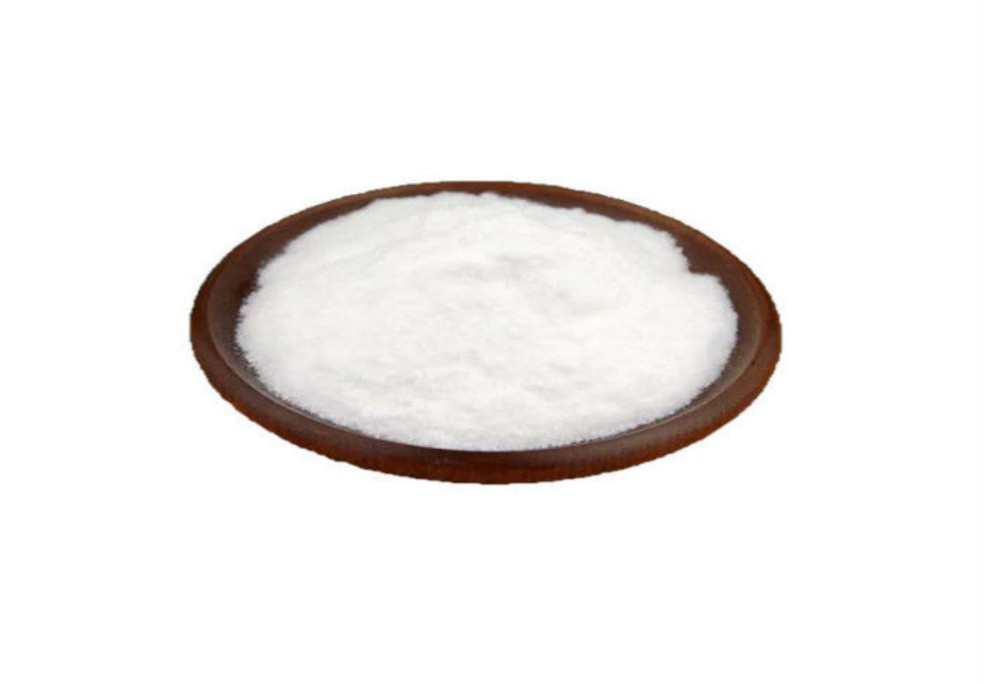Alias : Epiandrosterone Acetate; Dehydroepiandrosterone acetate;Prasterone acetate; isoandrosterone acetate; transandrosterone acetate; Dehydroepiandrosterone acetate (DHA)
CAS: 1239-31-2
Formule : C21H30O3
MW : 330.4611
Molecular Structure:
Digtheid : 1.12g / cm3
Smeltpunt : 168-170 ℃
Kookpunt : 434.8 °C by 760 mmHg
Flitspunt : 188.1 °C
Vapor Pressure : 9.24E-08mmHg at 25 °C
Dehidroepiandrosteroon asetaat (DHEA-asetaat) is a naturally hormone produced by the adrenal gland. In the body, DHEA Acetate serves as a parent hormone, transforming initially to androstenedione prior to transforming to other hormones, such as testosterone. In many areas, androstenedione is a controlled substance. Making use of supplements consisting of DHEA Acetate for bodybuilding can be an alternative method to legally enhance testosterone levels.
Supplementation of DHEA Acetate appears to be effective in persons over 40 in the dosage range of 25-50mg, while prolonged usage of 100mg appears to be safe in this demographic. While the usage of DHEA Acetate in young persons for the purpose of testosterone enhancement is not clear, it tends to be used at 200mg for this purpose.
Androgenic effects include maturation of the sex organs, particularly the penis and the formation of the scrotum in the fetus, and after birth (usually at puberty) growth of the beard and axillary hair, a deepening of the voice. Many of these fall into the category of male secondary sex characteristics.
Anabolic steroids effect include growth of muscle strength and mass, increased bone strength and density, and stimulation of linear growth and bone maturation.
Dehydroepiandrosterone acetate enhances lean muscle mass,as it increases IGF-1 in the body, which is a critical component to muscle growth.In addition, DHEA Acetate has been shown to aid in fat loss, especially in the abdominal region.






















